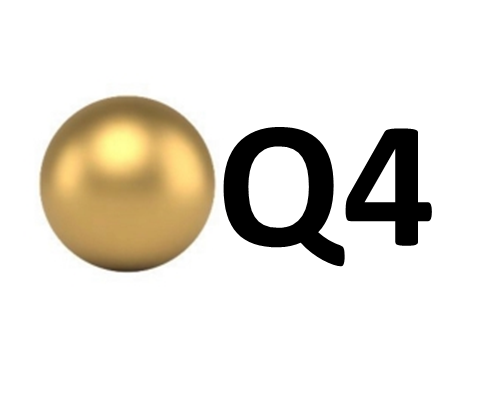The year 2022 has been marked by extraordinary events, clearly marked by the war between Russia and Ukraine, as well as by the tightening of monetary policy by the main central banks, mainly by raising interest rates.
One of the biggest consequences of the war in Ukraine from an economic point of view is the significant increase in energy prices. Poor strategy in Europe's energy transition policy and a systematic lack of investment in capital-intensive industries such as energy, together with Russia's huge reliance on imports, have exposed the fragility of the European energy system. Gas prices in Europe have risen from pre-invasion levels of €70/MWh to peaks close to €350/MWh in August, stabilizing below €80/MWh by the end of 2022. Similarly, the impact of the war on food and fertilizer prices is also significant on a global level.
As a result of the events mentioned above, added to supply chain disruptions in a post-Covid world, due to a long period of underinvestment in capital-intensive industries and a stressed labor market, inflation reached levels not seen in the last 40 years through 2022. In the US, inflation rose to +9.1% in June, the highest rate since 1981, before falling back to +7.1% today. In the Eurozone, inflation reached a record high of +10.6% in October.
In view of the above, the main central banks globally have drastically changed their stance regarding monetary policy after a long period of ultra-expansionary policy, turning towards a more restrictive policy, mainly through the rapid rise of interest rates and the reduction or cancellation of sovereign debt purchase programs. Thus, the FED increased its official rates from a range of 0.00% - 0.25% to 4.25% - 4.50% while the ECB raised its rates from 0% to 2.5% during the year 2022. .
Real-estate market
You will undoubtedly remember that two years ago we were confined by the threat of covid-19. So our expenses were reduced to the essentials: rent, food, utilities, and some entertainment, like books or streaming TV. The pandemic left us with a bitter taste, but it allowed many of us to save more than usual.
This accumulation of savings led to many families having the necessary money to get into a mortgage. In addition, at that time, the interest on the loans was very low (the Euribor —the index that establishes the price of most mortgages— was moving in negative numbers). In this line of events, a kind of euphoria to buy houses was unleashed and what many specialists call 'the real estate boom' began. In 2022, we broke historical records both in price and in the number of sales and, in general, reached figures not seen since 2008.
What was said Savings accumulated during the pandemic and low interest rates led to a buying and selling boom that is still going on. If you read the headlines in the press, you will have seen some of these statements: "Notaries estimate home sales in Spain at almost half a million until August", "Home sales and mortgages add up for 18 months", "The Buying and selling used homes brings the number of transactions to its highest record since 2008”.
All of this is true, of course, but things are beginning to change as a result of the rise in interest rates and the consequent rise in mortgage prices, which reduces the demand for housing. This, for example, is a headline published in December: "Notaries detect a 5% drop in home purchases in October." And what are the forecasts for 2023?
The price of housing increased by 5% in 2022. To understand this increase, we must take into account three things:
Inflation. If there is inflation, all prices rise, including housing.
Law of supply and demand. If the demand for homes is higher than the supply, prices go up. Remember that after the pandemic, a euphoria was unleashed to acquire properties (demand increased).
Ukrainian war. We have talked before about the increase in the cost of energy, but the war in Ukraine also caused an increase in construction costs. For this reason, in 2022 fewer homes were built than usual (supply was reduced).
If you follow the story that we have reviewed so far, everything indicates that the rise in interest rates and the increase in mortgage prices will mean that fewer families can buy a home (demand will fall) and, little by little, inflation will be contained. (the prices of products and services will fall). That is why house prices are expected to fall in 2023, but not by that much: the lack of new construction cushions the imbalance between supply and demand.
Thank you very much for continuing to entrust the management of your heritage together with ours.
Sincerely,

Sincerely,
EQUATH Investments
David Duran
Founding Partner
Barcelona, January 23, 2023

